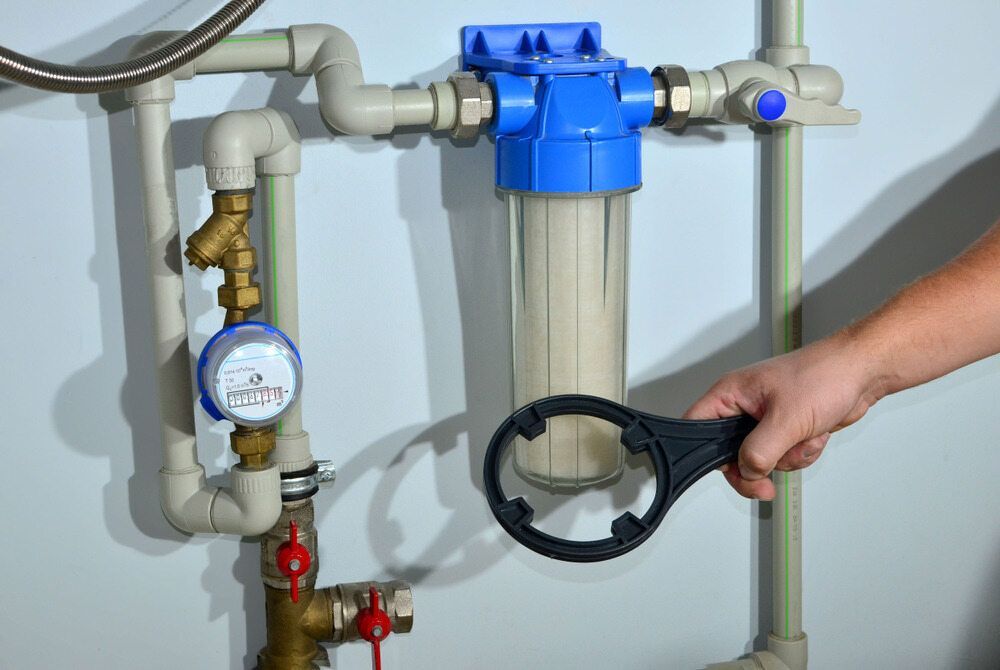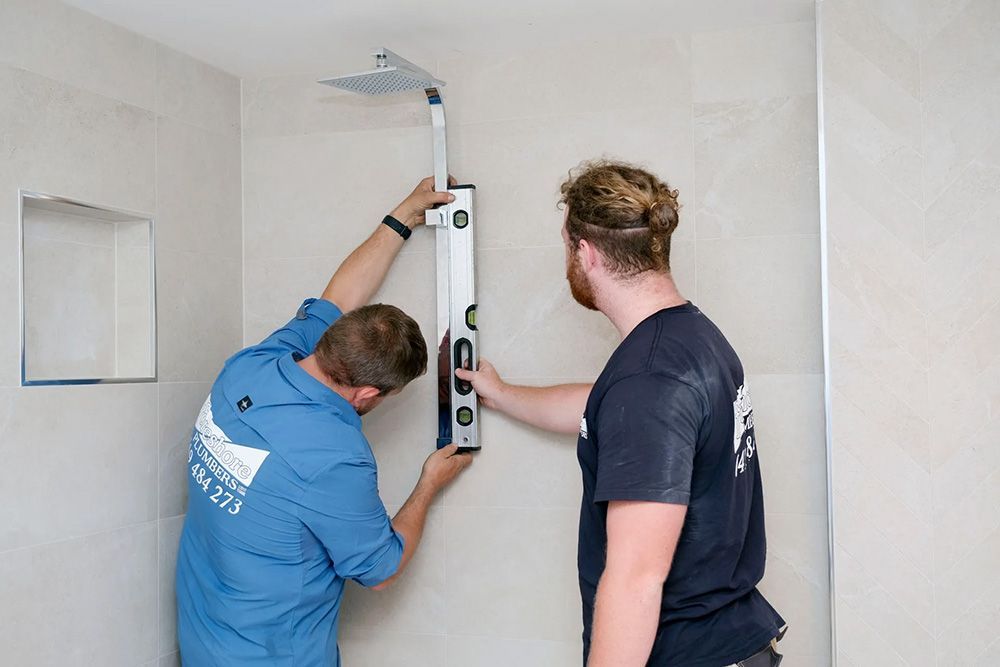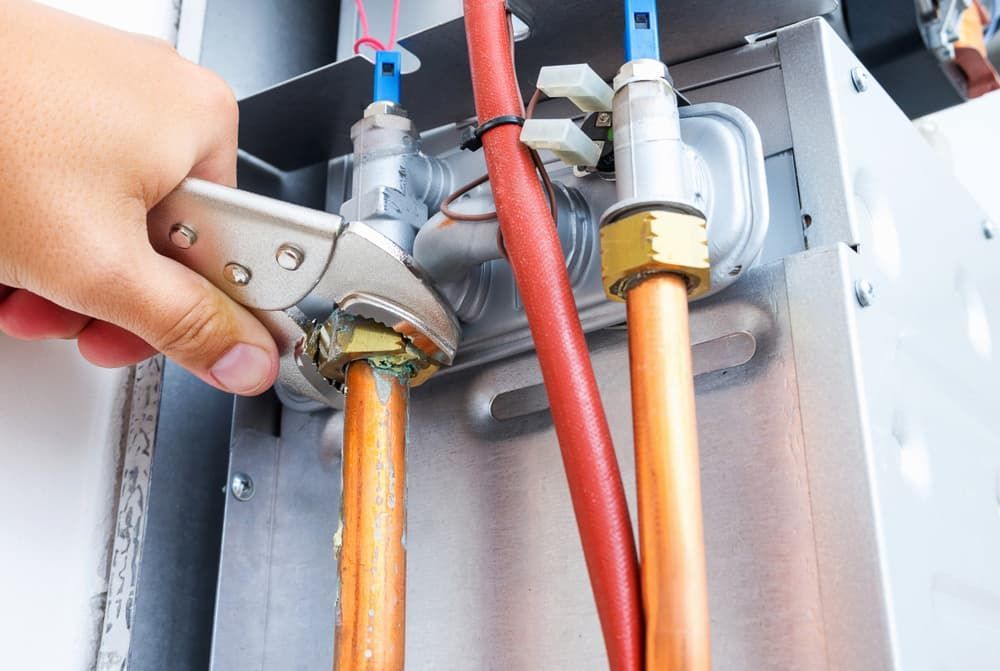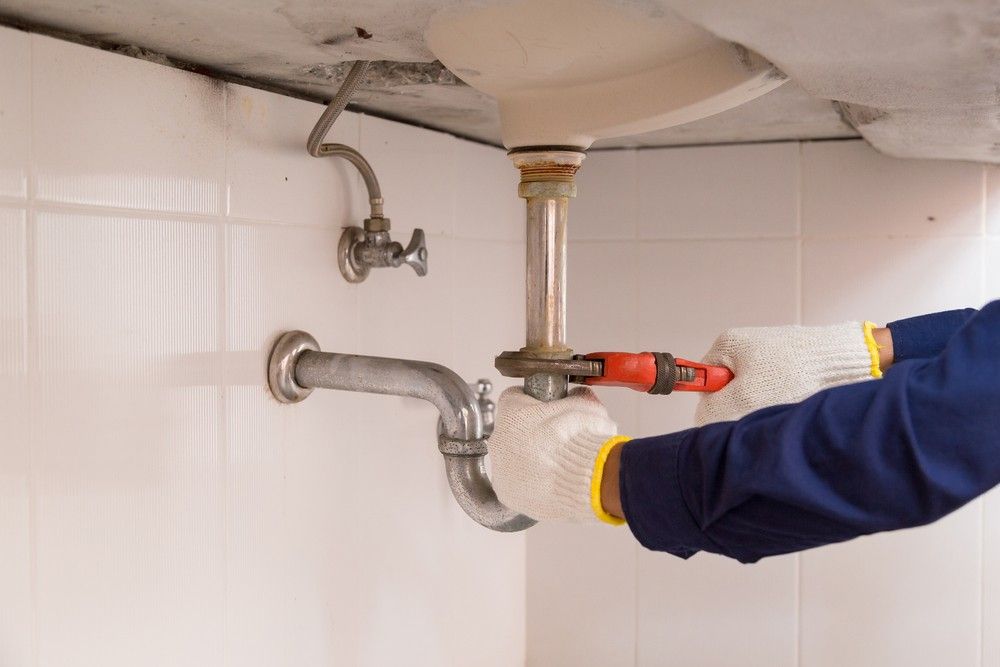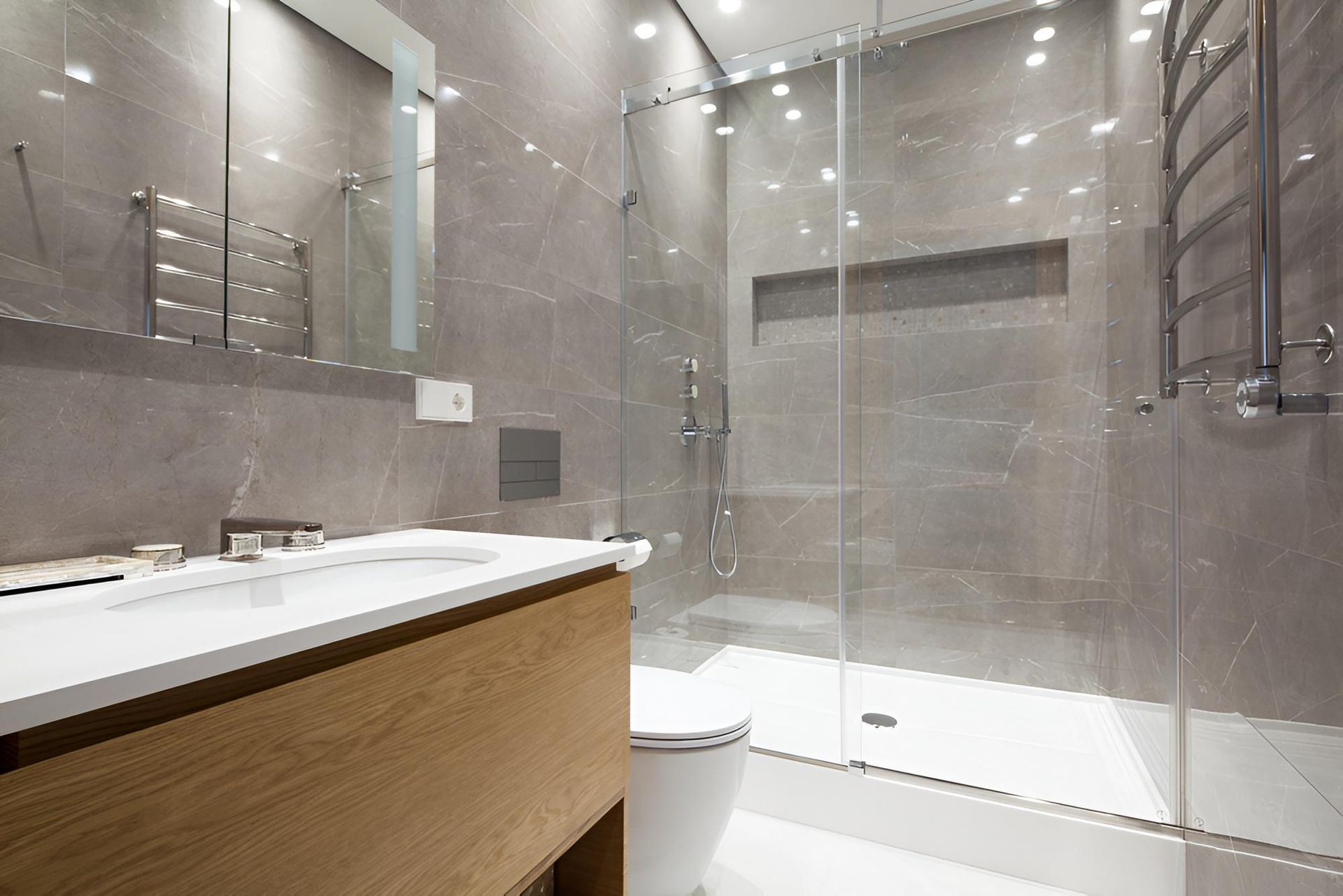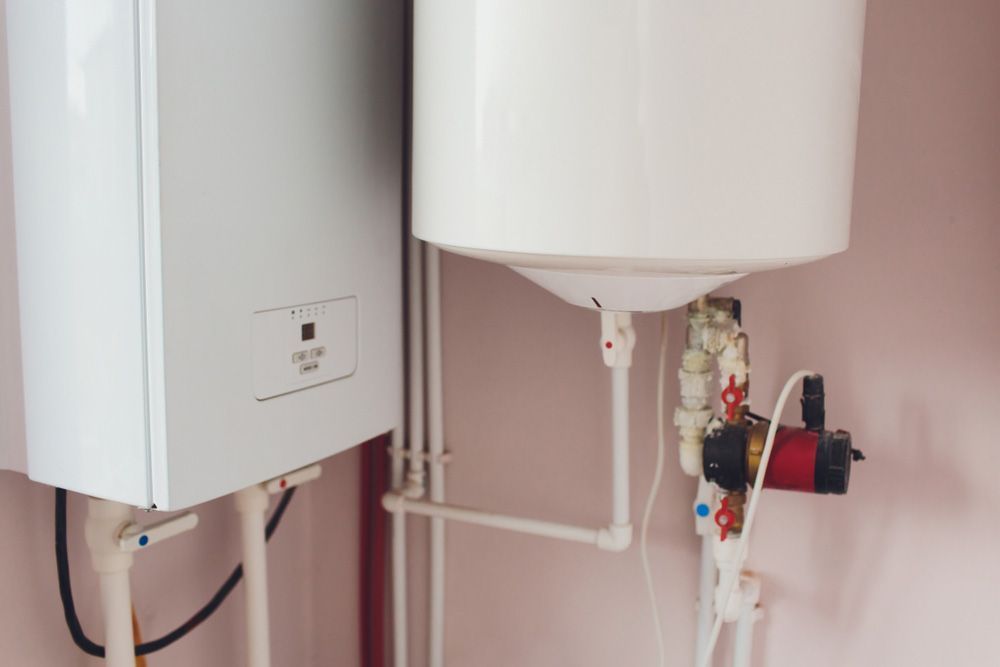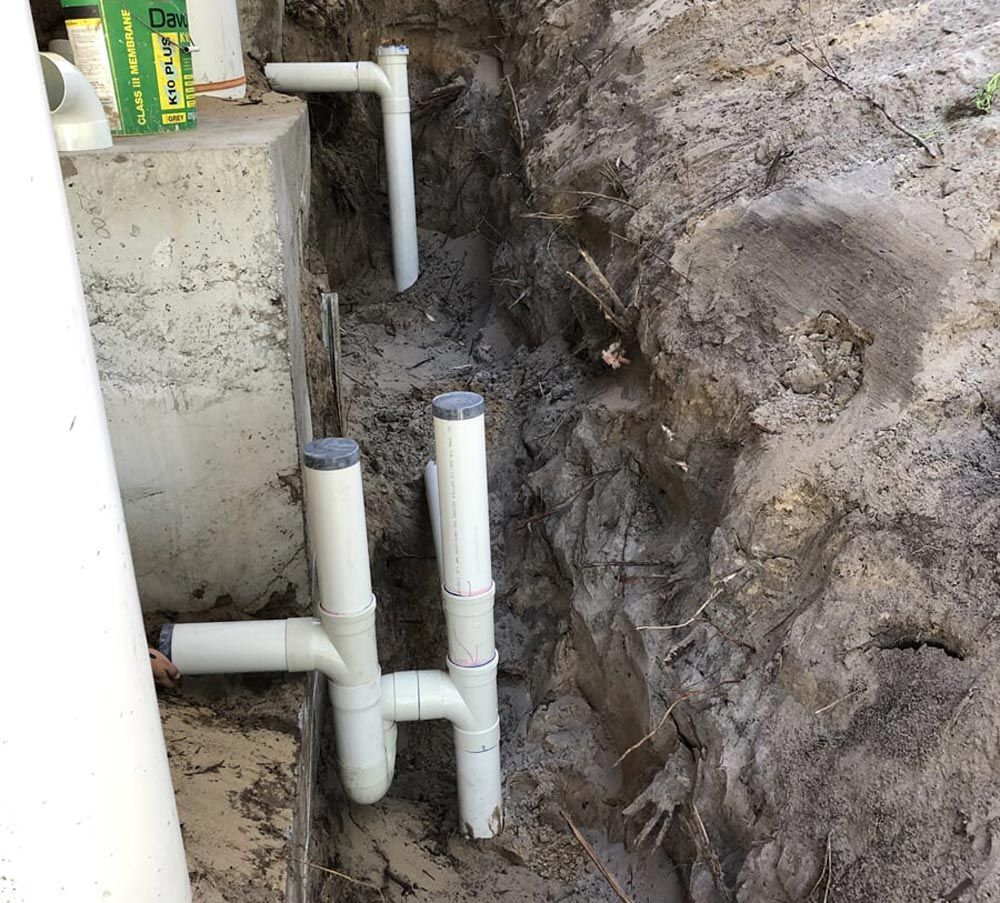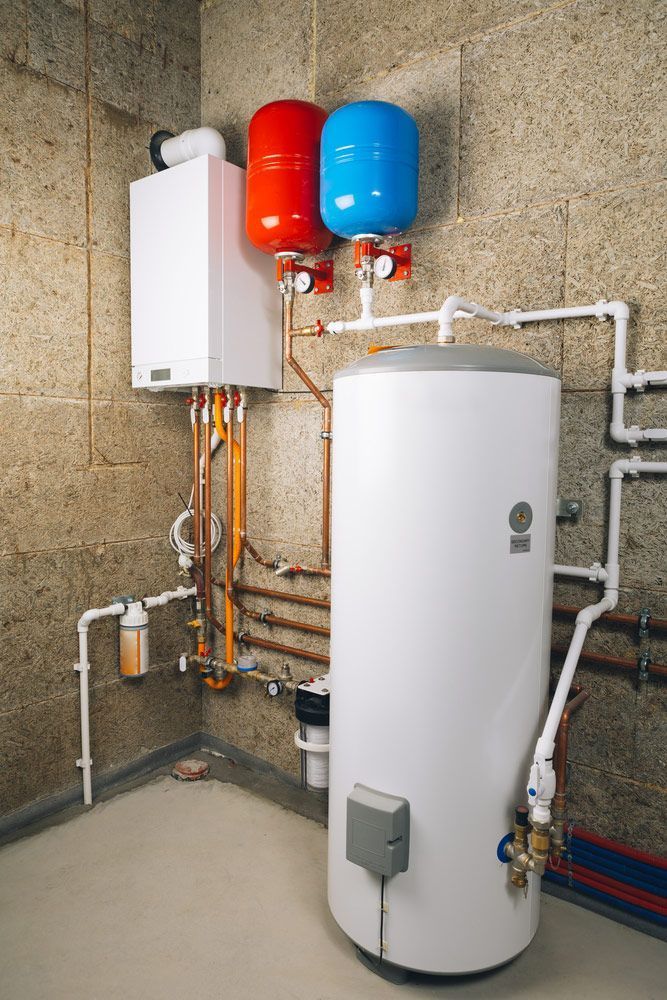Solar vs Gas Hot Water Systems: What You Need to Know
Are you weighing up solar and gas hot water systems but unsure which suits your needs best? With rising energy costs and increasing environmental awareness, choosing between solar and gas hot water can feel like a big decision. Both systems offer distinct benefits depending on your budget, property type, and local conditions.
In this blog, we’ll explore how these systems compare to help you make a more informed choice for your property.
How Hot Water Systems Work & Why the Right Choice Matters
Hot water systems are essential for daily comfort, from showers and dishwashing to laundry. However, the system you choose plays a role in long-term energy use, environmental impact, and ongoing costs. The two most common types used across Australia are solar and gas systems. Each comes with its own setup requirements, performance expectations, and potential cost savings, particularly for properties in areas like Forster, where climate and energy access vary.
Understanding the key features of both systems will help you make a practical decision based on your household size, water usage patterns, and goals for efficiency.
Solar Hot Water Systems: Key Benefits & Considerations
Solar hot water systems use energy from the sun to heat water, usually through roof-mounted panels. The heated water is stored in a tank, with a booster system (electric or gas) to assist during cloudy days.
Why Consider Solar?
Solar hot water systems are popular for their environmental and long-term cost-saving benefits. Here’s why they may be a suitable option:
- Lower electricity bills: After the initial installation, solar systems may reduce your ongoing energy expenses over time.
- Reduced carbon footprint: Solar systems produce fewer emissions, making them an attractive choice
- Government incentives: Depending on your location and system, rebates may be available to offset upfront costs.
Potential Drawbacks
There are also a few important factors to weigh up before installing a solar system:
- Higher upfront cost: These systems often require a larger investment compared to gas models.
- Roof space & orientation: Not all properties have adequate or well-orientated roof space for solar panels.
- Weather dependency: Their performance may be affected during extended cloudy or rainy conditions, especially in areas with less consistent sun exposure.
Gas Hot Water Systems: Performance & Practicality
Gas hot water systems heat water by burning natural gas or LPG. They’re either storage systems (where hot water is stored in a tank) or continuous flow systems (where water is heated only as needed).
Why Choose Gas?
For many households, gas hot water systems are a dependable and flexible option:
- Consistent hot water supply: Gas systems are not impacted by weather and work efficiently year-round.
- Faster heating: Water heats quickly, which is convenient for larger households with high demand.
- Compact systems: Continuous flow models can be wall-mounted and take up less space.
Things to Keep in Mind
While gas systems offer reliability, there are a few factors to consider:
- Gas connection: Your property needs access to mains gas or a supply of LPG cylinders.
- Running costs: While cheaper than electric systems, gas bills can fluctuate with market prices.
- Emissions: While cleaner than electricity from coal, gas still contributes to greenhouse gas emissions.
Comparing Solar & Gas: What Matters Most?
When comparing gas hot water vs solar hot water, it’s important to reflect on your usage habits, property setup, and environmental priorities. Below is a comparison of key factors to help clarify your decision.
Upfront Cost vs Long-Term Savings
- Solar systems usually have a higher purchase and installation cost but may offer lower long-term energy bills.
- Gas systems are more affordable upfront but can lead to higher running costs over time, especially with rising gas prices.
Energy Source & Environmental Impact
- Solar systems rely on renewable energy, reducing reliance on fossil fuels.
- Gas systems, while cleaner than some alternatives, still produce emissions.
Property Requirements
- Solar systems require appropriate roof space with good sunlight exposure.
- Gas systems need a reliable gas connection, but can be installed in more varied locations.
Maintenance & Lifespan
- Solar systems may need more regular checks to maintain panel efficiency.
- Gas systems are generally straightforward to maintain but may require periodic burner servicing.
What to Consider Before Installation
Installing a new hot water system is more than just choosing between solar and gas. Here are a few additional points to consider:
Local Climate Conditions
Forster’s coastal climate brings sunny days but also periods of cloud and rain. While solar systems can perform well, pairing them with a reliable booster (gas or electric) may help during overcast conditions. Gas systems, on the other hand, offer steady performance regardless of weather.
Household Size & Usage
Larger households may benefit from continuous flow gas systems that heat water on demand. However, solar systems with sufficient storage capacity can also meet these needs when well designed.
Access to Gas
If your property already has a gas connection, installation of a gas hot water system may be more straightforward. Without it, setting up LPG deliveries can add to maintenance tasks and long-term costs.
Energy Goals
If reducing your carbon footprint is a priority, solar systems offer clear benefits. Even with higher upfront costs, the environmental and financial returns over time may be worthwhile.
Making the Right Decision
Whether you’re renovating, building, or replacing an old system, seeking guidance from a qualified professional may help you choose a system that matches your property and goals. They can assess your water usage, location, and infrastructure to recommend a setup that suits your needs today and in the future.
Book a Consultation for Hot Water Systems in Forster
Choosing between solar hot water vs gas hot water depends on your preferences, budget, and property characteristics. Both systems can offer efficient and consistent hot water when selected and installed with care. For residents looking to upgrade or install hot water systems in Forster, comparing these options in the context of local conditions is key to making the most informed decision.
At Foreshore Plumbers, we provide support for selecting and installing hot water systems that align with your property's needs and usage. Contact our team today to discuss solar and gas options tailored to your location.

